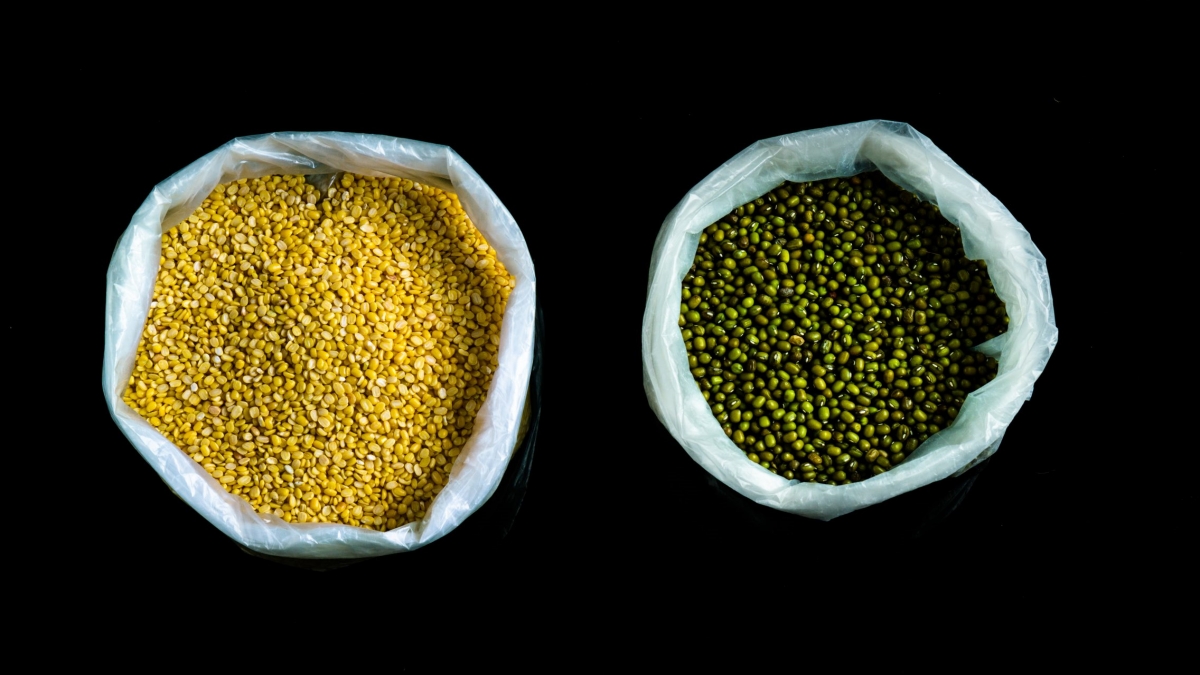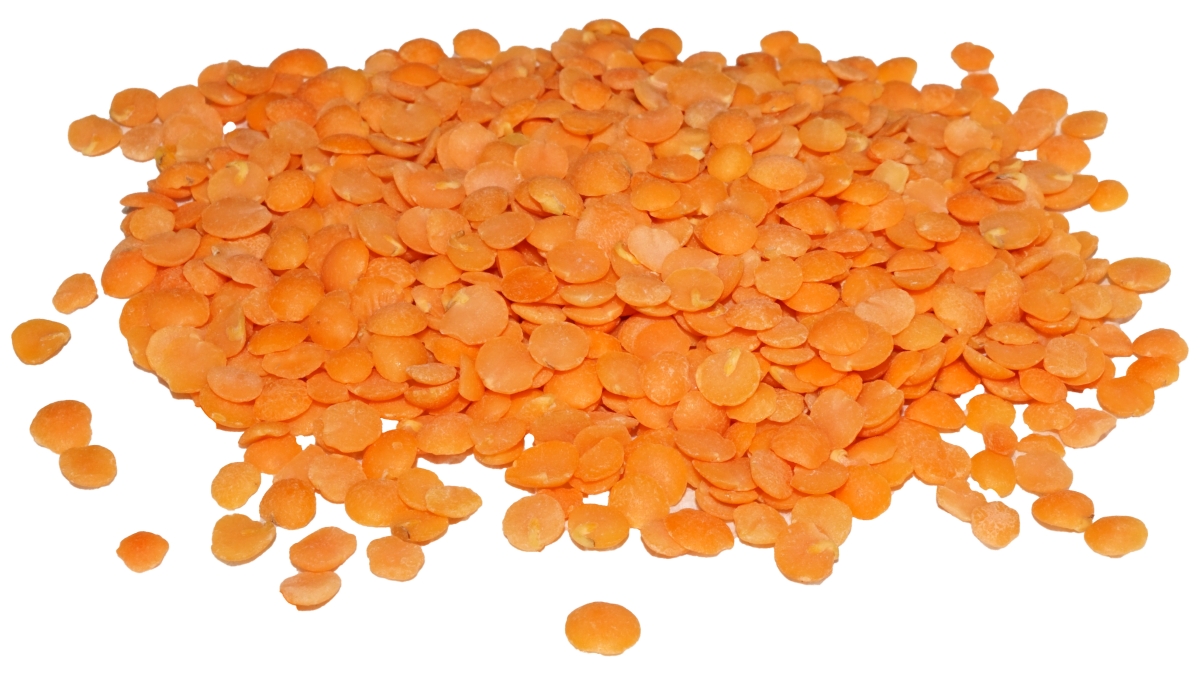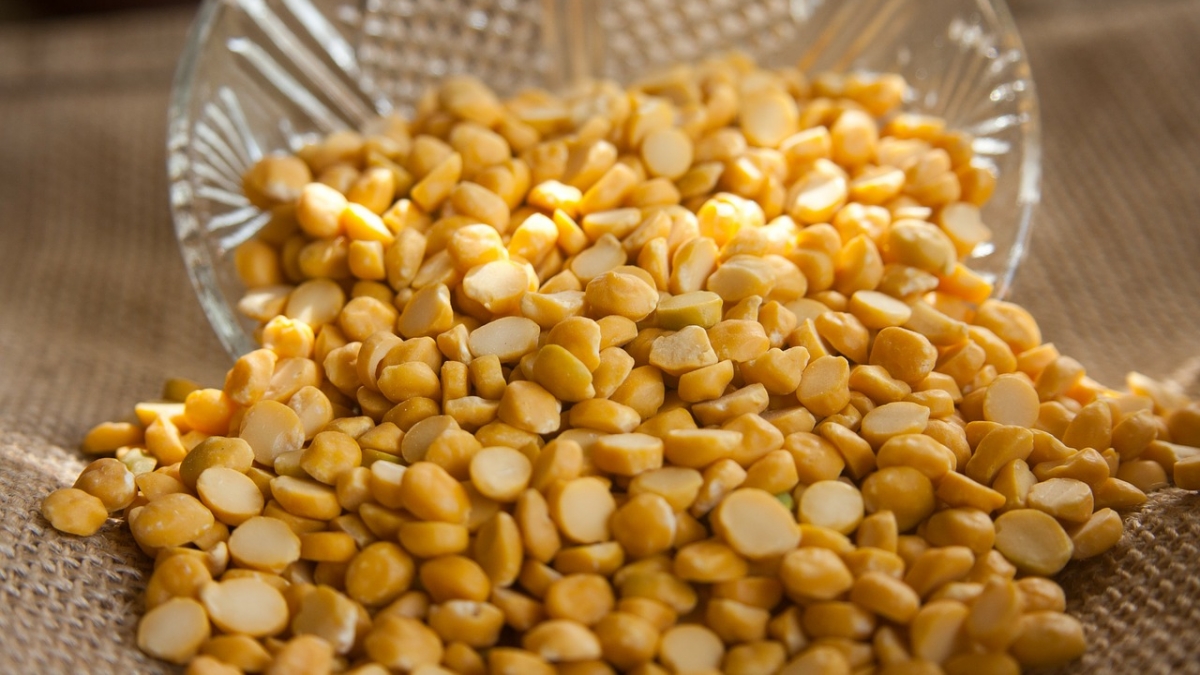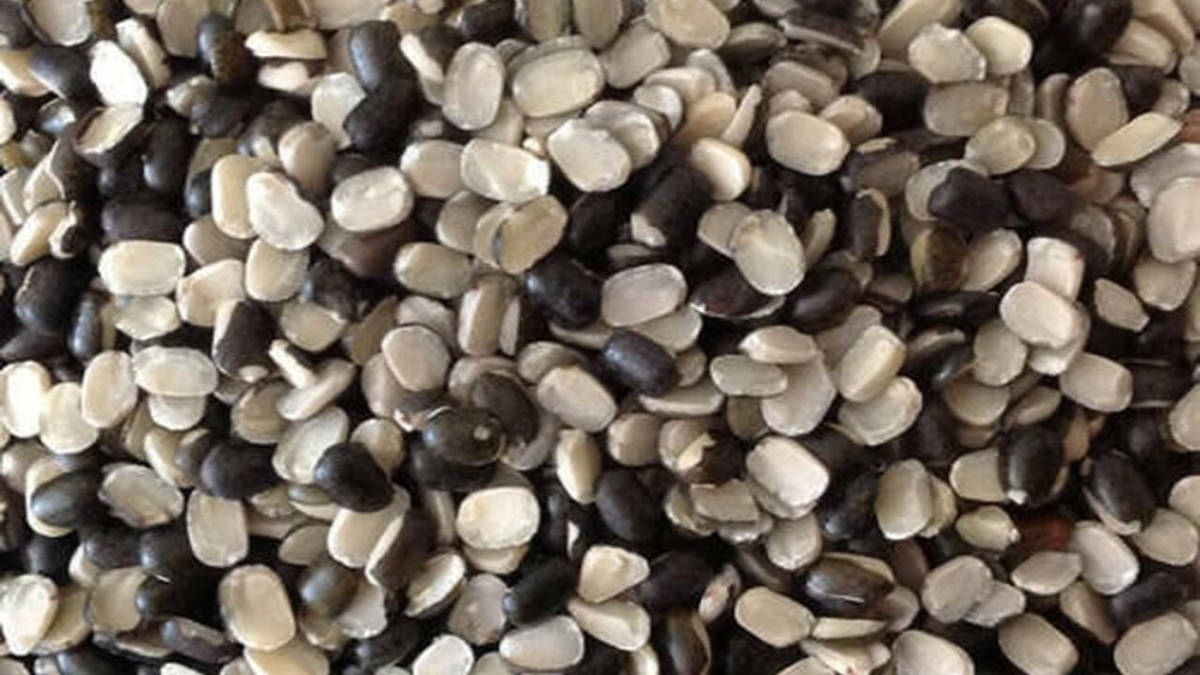World Pulses Day, celebrated annually on February 10, is a global observance that emphasises the importance of pulses—such as lentils, chickpeas, beans, and peas—in promoting health and sustainability. World Pulses Day 2025 falls on Monday. The day aims to raise awareness about the vital role these nutrient-dense foods play in ensuring food security, improving nutrition, and contributing to sustainable agricultural practices. Pulses, often referred to as “powerhouses of nutrition,” offer a wealth of health benefits while also being environmentally friendly to grow. World Pulses Day 2025: From Toor Dal (Pigeon Pea Dal) to Masoor Dal (Red Lentils), 5 Types of Dal Popular in Every Indian Household.
World Pulses Day 2025 Date and History
World Pulses Day is celebrated on February 10 every year. World Pulses Day was established by the United Nations in December 2018, following the recognition of pulses as a key component in achieving the UN’s Sustainable Development Goals (SDGs). The year 2016 was designated as the International Year of Pulses by the UN Food and Agriculture Organization (FAO), acknowledging their potential in addressing issues like hunger, malnutrition, and sustainable agriculture.
The success of the International Year of Pulses, which highlighted the nutritional and environmental benefits of pulses, led to the creation of World Pulses Day. The observance, held every year on February 10th, provides a platform for governments, organisations, and individuals to advocate for the widespread consumption and cultivation of pulses.
The Significance of World Pulses Day
World Pulses Day serves several key purposes, from promoting better health and nutrition to advancing environmental sustainability. Here’s why the day is important:
Nutritional Benefits: Pulses are rich in protein, fiber, vitamins, and minerals. They provide a high-quality, plant-based source of protein, making them an essential food for vegetarians, vegans, and those seeking to reduce their meat consumption. Pulses also help regulate blood sugar levels, promote heart health, and improve digestive health due to their high fiber content.
Sustainability: Pulses are incredibly eco-friendly crops. They require less water compared to other crops, and their ability to fix nitrogen in the soil reduces the need for chemical fertilisers. This makes pulses an important part of sustainable farming practices and a key player in mitigating the environmental impact of agriculture.
Food Security: Pulses are affordable and widely accessible, making them a reliable food source in both developing and developed regions. Their ability to grow in diverse climates and their long shelf life makes them an essential component in improving food security globally.
Cultural and Economic Importance: Pulses are a staple food in many countries and are integrated into a variety of cultural dishes. In addition to their dietary importance, the global pulse trade supports the livelihoods of millions of farmers and contributes to local economies.
World Pulses Day is a reminder of the powerful impact pulses have on human health, the environment, and global food systems. By raising awareness about their nutritional value and environmental benefits, this observance encourages the widespread adoption of pulses in diets around the world. As we continue to face challenges related to food security, climate change, and nutrition, pulses offer a sustainable, nutritious solution that benefits both people and the planet.
(The above story first appeared on LatestLY on Feb 10, 2025 02:23 PM IST. For more news and updates on politics, world, sports, entertainment and lifestyle, log on to our website latestly.com).






